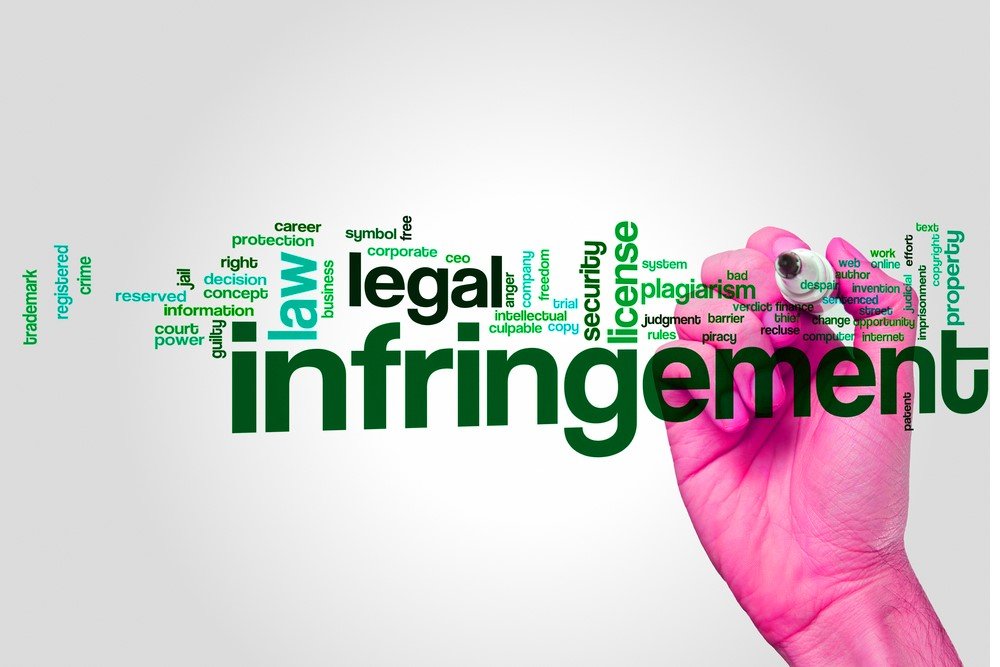Financial Freedom Formula: Breaking Free from Debt

In a world where financial burdens can often feel overwhelming, the pursuit of true financial freedom becomes a beacon of hope for many. The Financial Freedom Formula offers a guiding light, illuminating a path toward breaking free from the chains of debt and achieving lasting financial stability. It is a comprehensive approach that empowers individuals to take control of their financial destiny, offering insights, strategies, and actionable steps to navigate the complexities of personal finance.
With a focus on cultivating healthy financial habits, eliminating debt, and building sustainable wealth, this formula provides a roadmap for individuals to reclaim control of their financial future and live a life free from the constraints of debt. Join us on this transformative journey as we unlock the keys to financial freedom and pave the way toward a brighter, more prosperous tomorrow.
Table of Contents
ToggleUnderstanding Debt and its Impacts
Types of Debt
Debt comes in various forms, including consumer debt (such as credit card debt and personal loans), student loans, mortgages, and business debt. Each type of debt carries its own set of terms, interest rates, and repayment schedules.
Consequences of Debt
Debt can have far-reaching consequences on an individual’s financial health and well-being. High levels of debt can lead to stress, anxiety, and feelings of being overwhelmed. Additionally, excessive debt can hinder one’s ability to achieve financial goals, such as buying a home, starting a business, or saving for retirement.
The Financial Freedom Formula
Setting Clear Goals
The first step towards achieving financial freedom is setting clear and achievable goals. These goals should be specific, measurable, attainable, relevant, and time-bound (SMART). Whether it’s paying off debt, saving for a down payment on a house, or building an emergency fund, having clear goals provides direction and motivation.
Creating a Budget
A budget is a fundamental tool for managing finances effectively. It involves tracking income and expenses, identifying areas where expenses can be reduced, and allocating funds toward debt repayment, savings, and investments. A well-planned budget helps individuals prioritize their spending and make informed financial decisions.
Eliminating High-Interest Debt First
When developing a debt repayment plan, it’s important to prioritize high-interest debt. By focusing on debts with the highest interest rates first, individuals can save money on interest payments and pay off debt more quickly. This approach is known as the debt avalanche method and can significantly accelerate the debt repayment process.
Strategies to Break Free from Debt
Debt Snowball Method
The debt snowball method involves paying off debts from the smallest to the largest balance, regardless of interest rates. This approach provides a psychological boost as individuals experience quick wins by eliminating smaller debts first, which can motivate them to continue paying off debt.
Debt Avalanche Method
Contrary to the debt snowball method, the debt avalanche method prioritizes debts with the highest interest rates. By focusing on high-interest debt first, individuals can minimize the total interest paid over time and pay off debt more efficiently.
Increasing Income
Increasing income through side hustles, freelance work, or career advancement can provide additional funds to accelerate debt repayment and build savings. Finding ways to increase income, whether through a higher-paying job or additional streams of income, can help individuals reach their financial goals more quickly.
Cutting Expenses
Identifying and cutting unnecessary expenses can free up more money to put towards debt repayment. This may involve reducing discretionary spending, negotiating lower bills, or finding creative ways to save money on everyday expenses. By making small adjustments to their spending habits, individuals can make a significant impact on their overall financial situation.
Importance of Emergency Fund
An emergency fund is a critical component of financial planning, providing a safety net against unexpected expenses or income disruptions. Having an adequate emergency fund in place can prevent individuals from resorting to debt to cover unforeseen expenses and help them weather financial emergencies without derailing their long-term financial goals.
Read More: Entrepreneurship and Intellectual Property: Understanding the Law
Investing for Financial Freedom
Building Wealth through Investments
Investing in assets such as stocks, bonds, real estate, and retirement accounts can help individuals grow their wealth over time and achieve financial independence. Investing allows individuals to generate passive income, build long-term wealth, and secure their financial future.
Diversification
Diversifying investments across different asset classes and industries can help mitigate risk and optimize returns. By spreading investments across a variety of assets, individuals can reduce their exposure to market fluctuations and protect their investment portfolio from significant losses.
The Role of Financial Education
Financial literacy is essential for making informed financial decisions and managing money effectively. Investing in financial education through books, courses, or workshops can empower individuals to take control of their finances, understand complex financial concepts, and make smart financial decisions that align with their long-term goals.
Monitoring and Adjusting the Plan
Achieving financial freedom requires diligence and ongoing monitoring of financial progress. Regularly reviewing and adjusting the financial plan ensures that individuals stay on track toward their goals and make necessary adjustments as circumstances change. By staying proactive and flexible, individuals can adapt to changing financial situations and make informed decisions to achieve their desired outcomes.
Celebrating Milestones
Celebrating milestones along the journey to financial freedom can provide motivation and encouragement. Whether it’s paying off a significant debt, reaching a savings goal, or achieving a milestone in their investment portfolio, acknowledging progress can boost morale and sustain momentum toward achieving financial freedom.
Maintaining Financial Freedom
Once financial freedom is achieved, it’s essential to maintain disciplined financial habits to preserve this newfound freedom. This includes continuing to budget, save, invest, and avoid falling back into debt. By staying vigilant and disciplined, individuals can enjoy the benefits of financial freedom and secure their financial future for the long term.
Read More: Fiscal Fitness: Achieving Financial Health
Conclusion
Breaking free from debt and achieving financial freedom is a journey that requires commitment, discipline, and strategic planning. By understanding the impacts of debt, implementing effective strategies to repay debts, and making smart financial decisions, individuals can take control of their finances and pave the way toward a more secure and prosperous future.
FAQs
How long does it take to achieve financial freedom?
Achieving financial freedom varies for each individual and depends on factors such as income, expenses, debt levels, and investment strategies. While some may achieve financial freedom in a few years, others may take longer depending on their unique circumstances and financial goals.
What are some common mistakes to avoid when trying to become debt-free?
Common mistakes to avoid when trying to become debt-free include not having a clear plan, failing to prioritize high-interest debt, overspending, and not seeking professional advice when needed. It’s essential to develop a realistic plan, stick to a budget, and seek guidance from financial experts if necessary.
Is it possible to invest while still paying off debt?
Yes, it’s possible to invest while still paying off debt. However, it’s essential to strike a balance between debt repayment and investing, taking into account factors such as interest rates, investment returns, and risk tolerance. It’s advisable to prioritize high-interest debt repayment while also investing in assets that align with long-term financial goals.
How can I stay motivated during the debt repayment process?
Staying motivated during the debt repayment process involves setting clear goals, tracking progress, celebrating milestones, and visualizing the benefits of becoming debt-free. Surrounding yourself with a supportive community, seeking accountability partners, and focusing on the positive outcomes of debt freedom can also help maintain motivation.
What are some resources for improving financial literacy?
There are numerous resources available for improving financial literacy, including books, podcasts, online courses, workshops, and financial literacy websites. Additionally, seeking guidance from financial professionals, such as financial advisors or credit counselors, can provide personalized.











